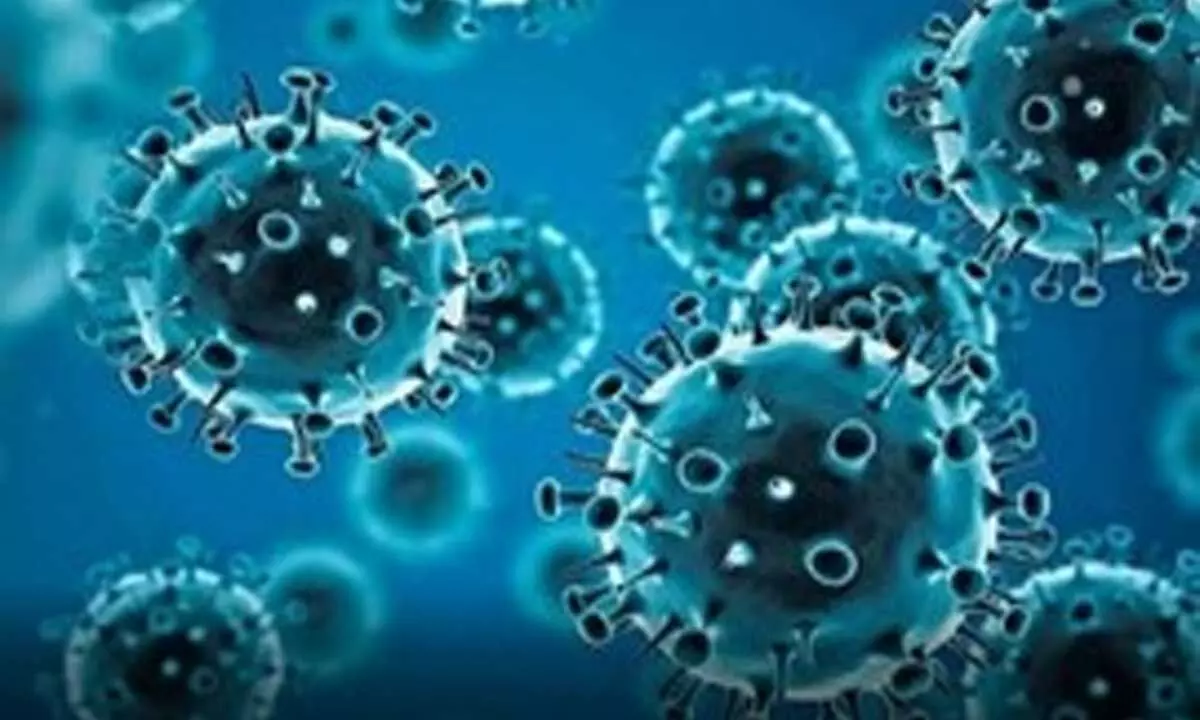Prior psychological, respiratory issues may double up long Covid risk
Share :

The risk of long Covid after a mild infection is about double among people who, before their Covid-19 infection, had been diagnosed as having psychological, respiratory, or general or unspecified health problems, according to a study.
London: The risk of long Covid after a mild infection is about double among people who, before their Covid-19 infection, had been diagnosed as having psychological, respiratory, or general or unspecified health problems, according to a study.
The observational study, published in Nature Communications, showed that pre-pandemic conditions related to psychological, respiratory, and general/unspecified health problems were the strongest predictors for having a doctor-diagnosed post-Covid problems between 90 and 180 days after the initial infection.
It also showed that women, and individuals infected by the original (first) virus variant, had a higher risk of post-Covid complaints. There was no strong or clear social gradient in the prevalence of the post-covid. When accounting for virus type, vaccination was not significantly associated with the post-Covid condition, said researchers from the University of Oslo in Norway.
"These findings imply that individuals who prior to the pandemic had a psychological diagnosis were approximately twice as likely to be classified with the post-Covid condition, compared to infected individuals without such prior diagnoses,” the researchers said.
The study included health data from 214,667 SARS-CoV-2–infected individuals who were diagnosed with the virus from July 1, 2020, to January 24, 2022. The mean age was 44.6 years, and 50 per cent were women.
A total of 0.42 per cent (908) were diagnosed as having post-Covid condition (PCC).
Twenty-one per cent had PCC-related respiratory problems, and 60 per cent said they experienced fatigue.
The strongest association for developing PCC was female sex and infection with the ancestral SARS-CoV-2 strain.







